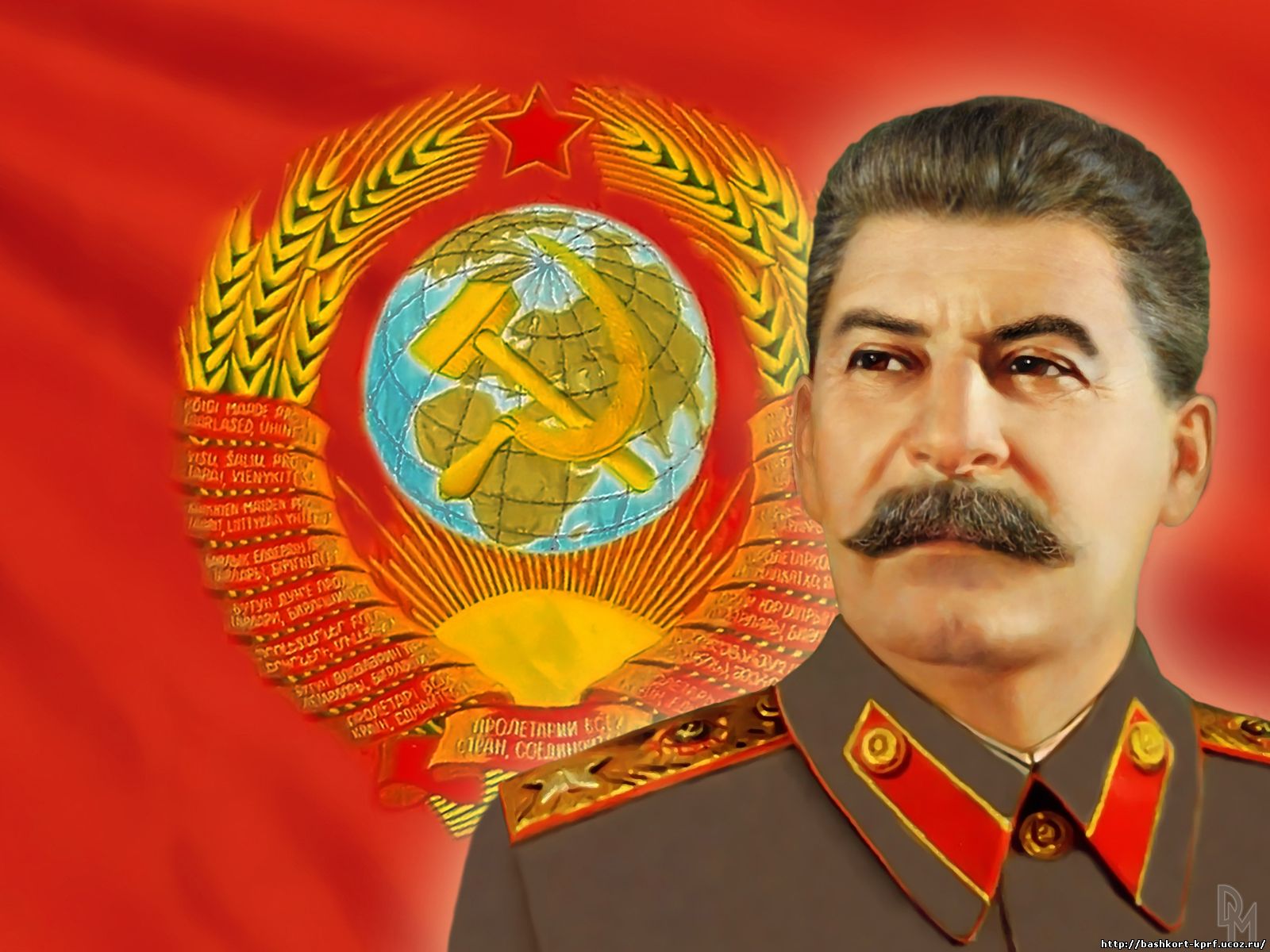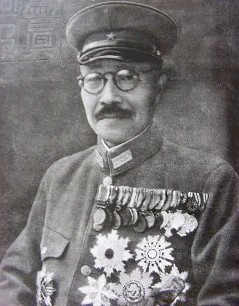U2L2 Nationalism and Ultranationalism
U2L2
Lesson
![]() RESOURCES
RESOURCES
Read and refer to Chapter Six to help complete this lesson's assignment.
The Conscription Crisis
What is ultranationalism?
Propaganda and Ultranationalism
Totalitarian Leaders
![]() LESSON
LESSON
Ultranationalism, like nationalism involves the devotion to one's nation, but is an extreme form of nationalism. it is often characterized by authoritarianism, efforts toward reduction of immigraion, oppression of non-native populations, etc. Ultranationalism often involves the people being fanatically loyal to their nation, and hostile and racist to others nations.
Ultranationalists often promjote their own nhational interests - economic, social and cultural - while ignoring the nationaln interests of other citizens. This exaggerated sense of national interest can cause war, succession and genocide. Throughout history, societies have experienced ultranationalism and all its negative effects, whether it was Russian, under Stalin, or Germany under Hitler.

At the beginning of the 20th century, Russia was an absolute monarchy (remember the French Revolution). The Russian Revolution in 1918 resulted in the assassination of the czar and royal family and launched a civil war that brought even more suffering to millions of people who had already endured great hardship during World War 1.
By 1928, Joseph Stalin, a communist, had emerged as the country's leader. One of Stalin's first acts was to confiscate land owned by farmers and create collective farms owned by the state. Those who objected were executed, and an estimated five million people were deported to forced labour camps in Siberia or Central Asia.
Harvest of Despair Soviet Communism engineered Ukraine Famine Genocide, 1933
In Germany, Adolf Hitler promised that he would restore people's national pride by making their country the leading nation on earth. A skilled speaker who knew how to capture the attention of an audience, Hitler said he would do this by:
- refusing to recognize the Treaty of Versailles
- rebuilding Germany's armed forces and reclaiming lost territories
- restoring the superiority of the "Aryan race" - white Europeans
Nazi propaganda experts used radio, movies, public address systems, and giant posters to present Hitler's image and message to the public. Party members organized central and neighbourhood mass meetings attracting audiences of up to 100,000. At these meetings, crowds chanted, "Today Germany, tomorrow the whole world."
Watch the following pictorial essay and the short video that follows:
In the years leading up to World War II, ultranationalists worked to rid Japan of democracy and to make the country a one-party state ruled by the military. Although Emperor Hirohito - the Son of Heaven - was revered, he was not involved in politics. The commanders of Japan's armed forces decided on the country's national interests and made most of the decisions that took Japan into World War II. Military leaders, for example, made the decision to invade China and to capture territory belonging to other countries. They wanted raw materials to keep Japanese industries going, as well as markets for Japanese products. They justified this territorial expansion by saying that Japan was only doing the same thing as the United States and the colonial powers of Europe had already done. In 1941, General Tojo Hideki became prime minister and transformed Japan into a military dictatorship. An aggressive ultranationalist, Tojo promised that the country would dominate Asia through military might.

Various factors and events often combine to transform nationalism into ultranationalism. Among these are social and economic crises, the emergence of a charismatic leader, and national traditions and myths that promote feelings of superiority.
- Political crisis
- Economic crisis
- Charismatic leaders
- Indoctrination
- Suspension of rights
- Propaganda